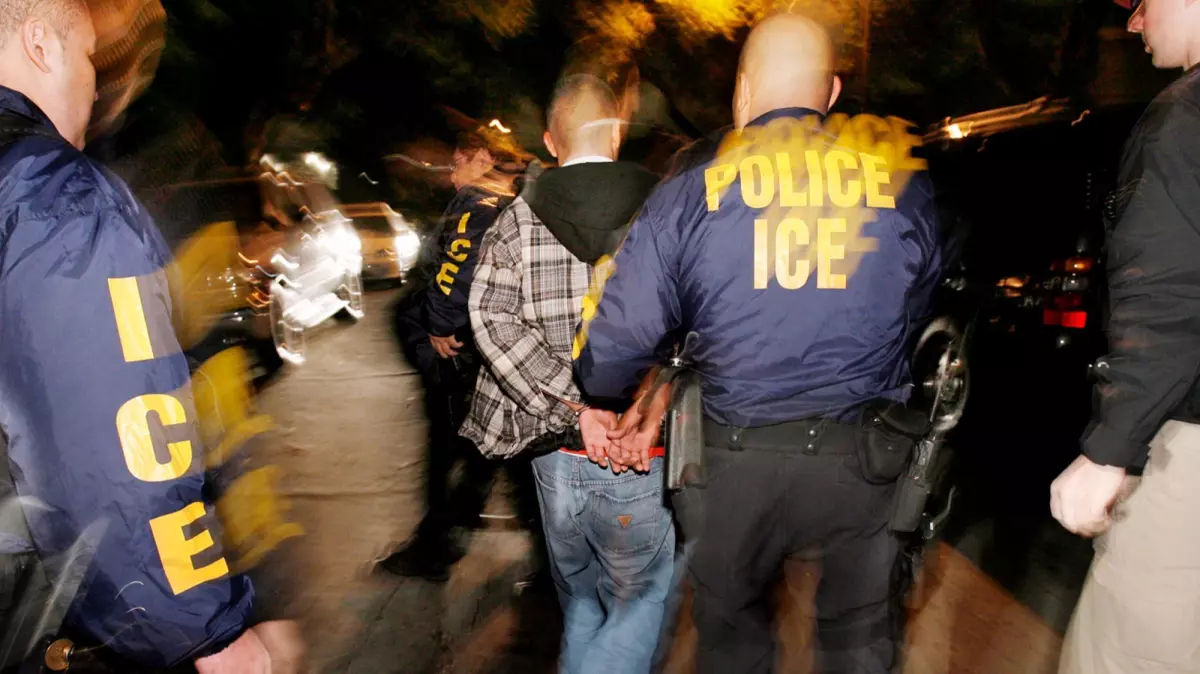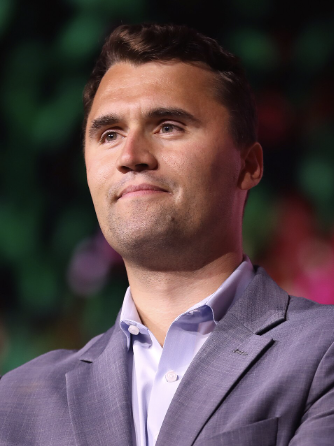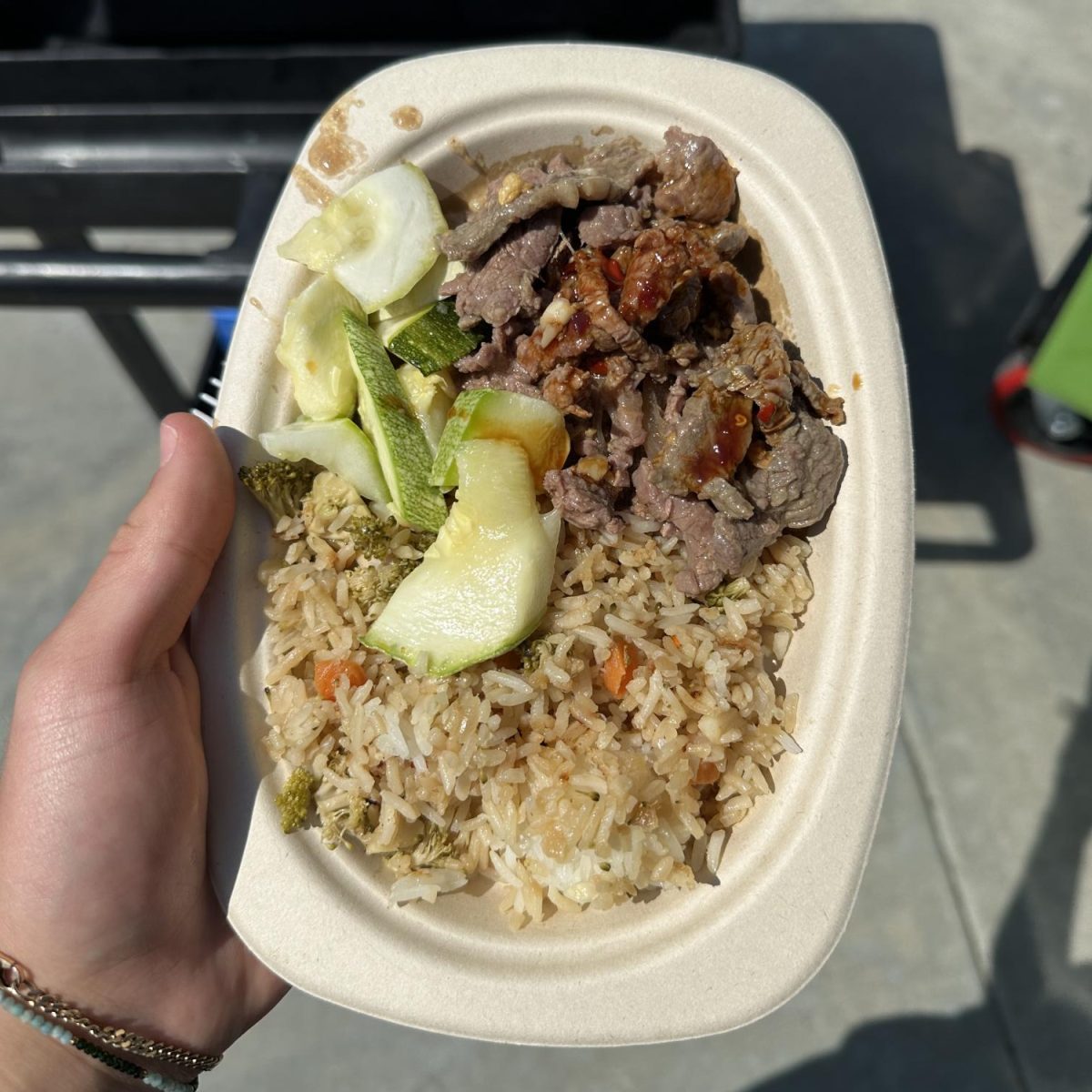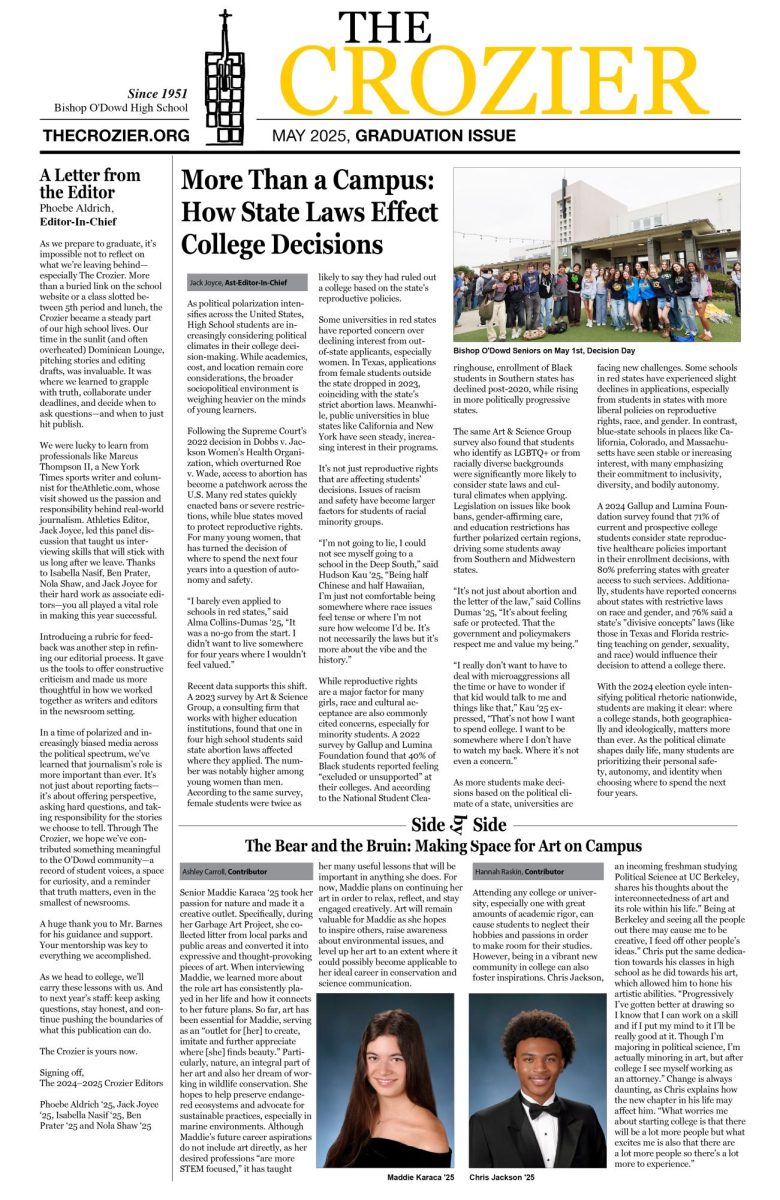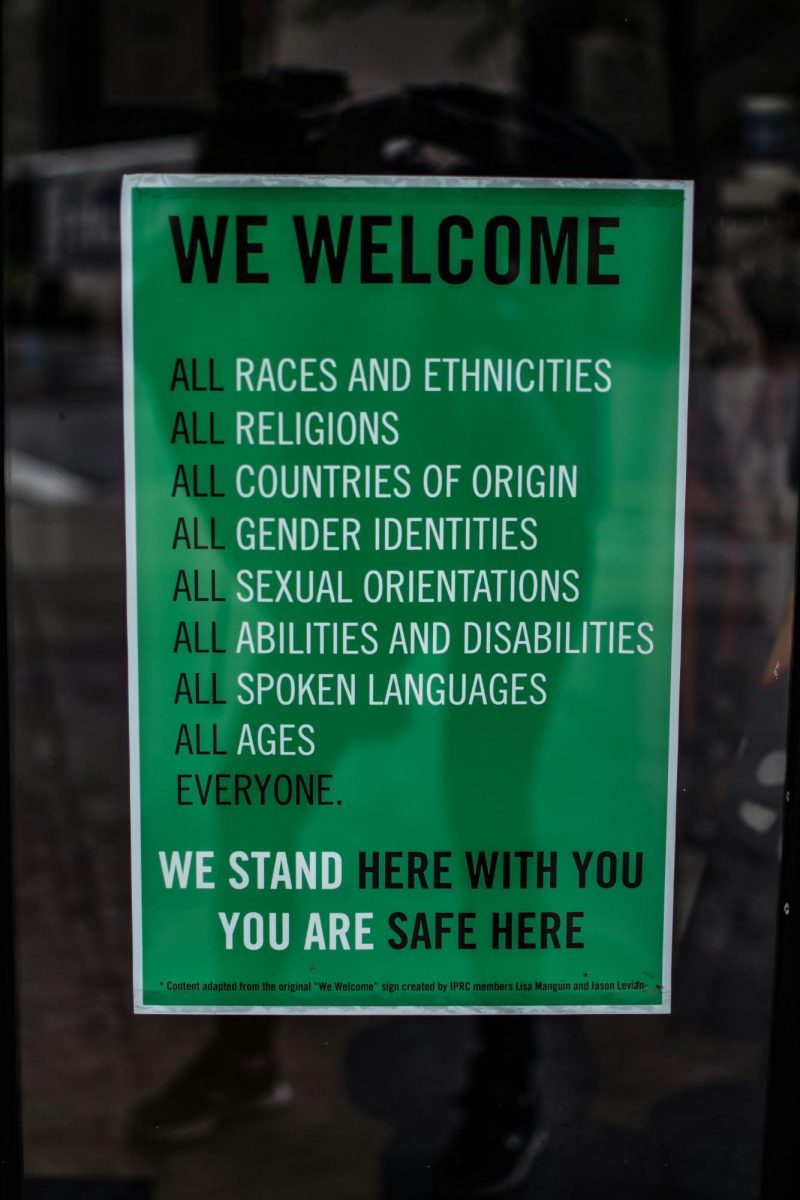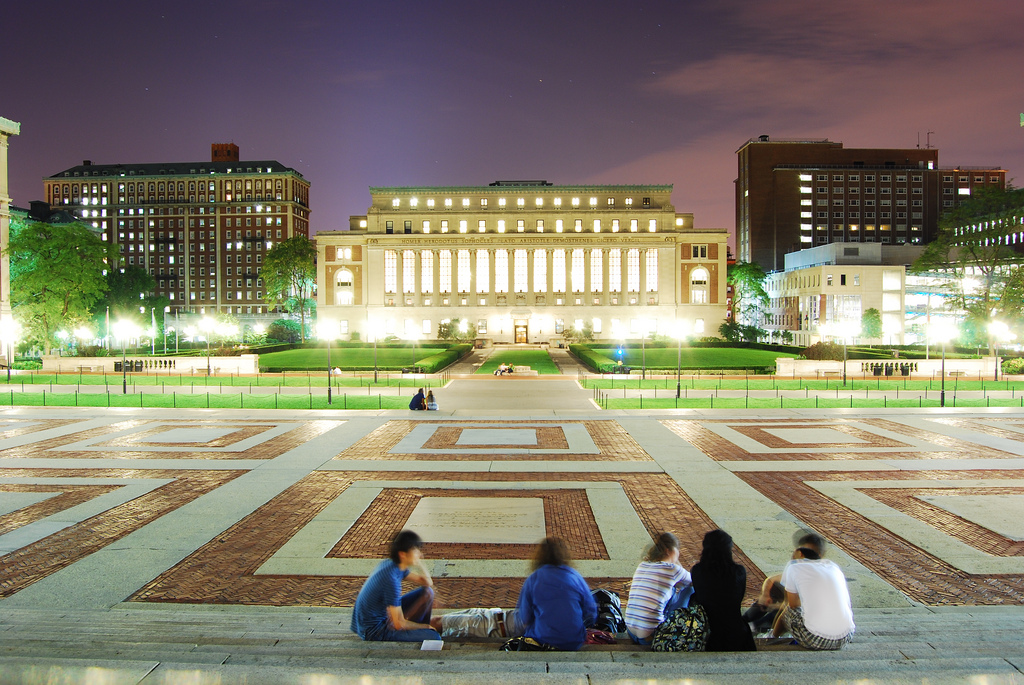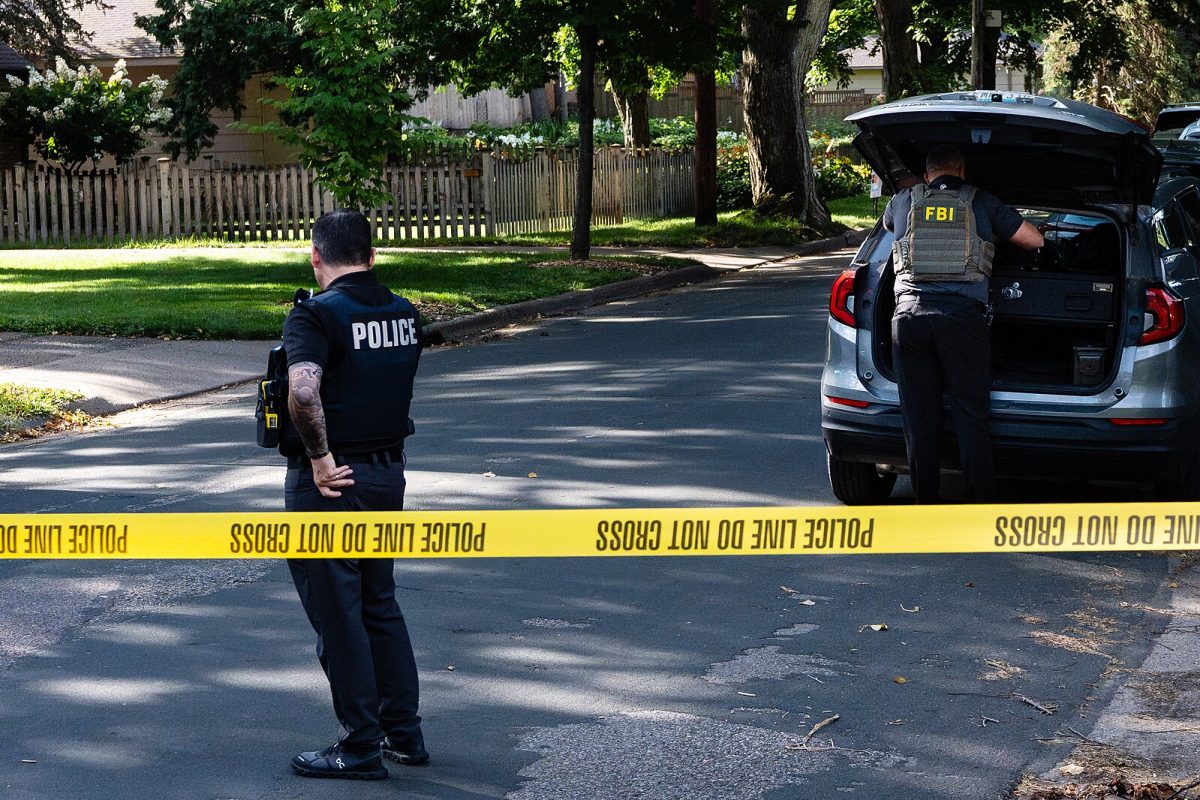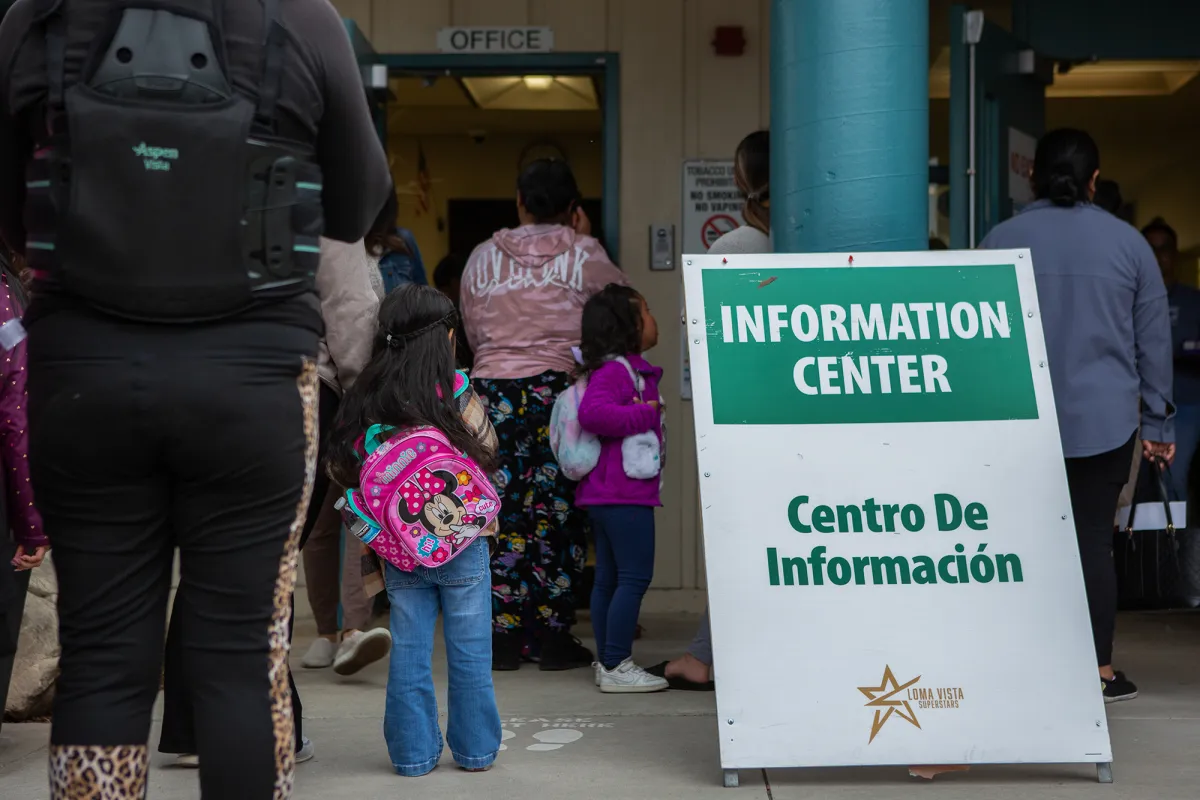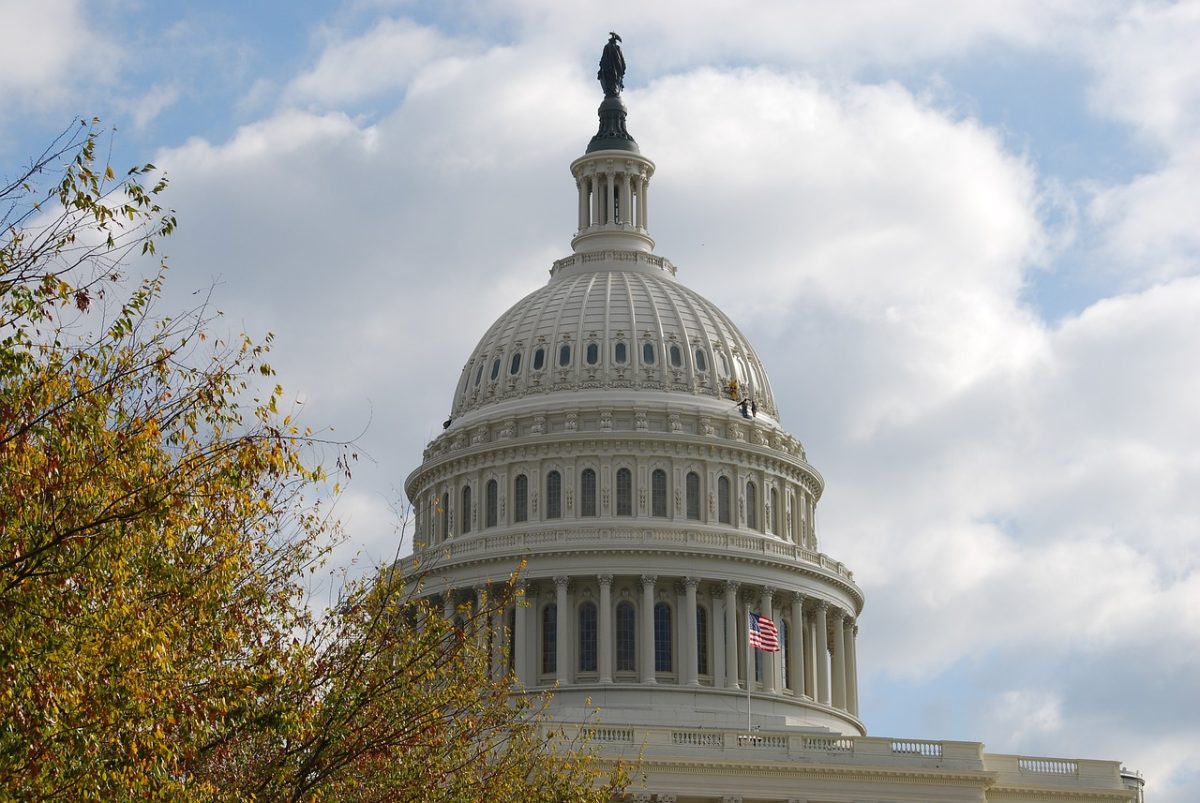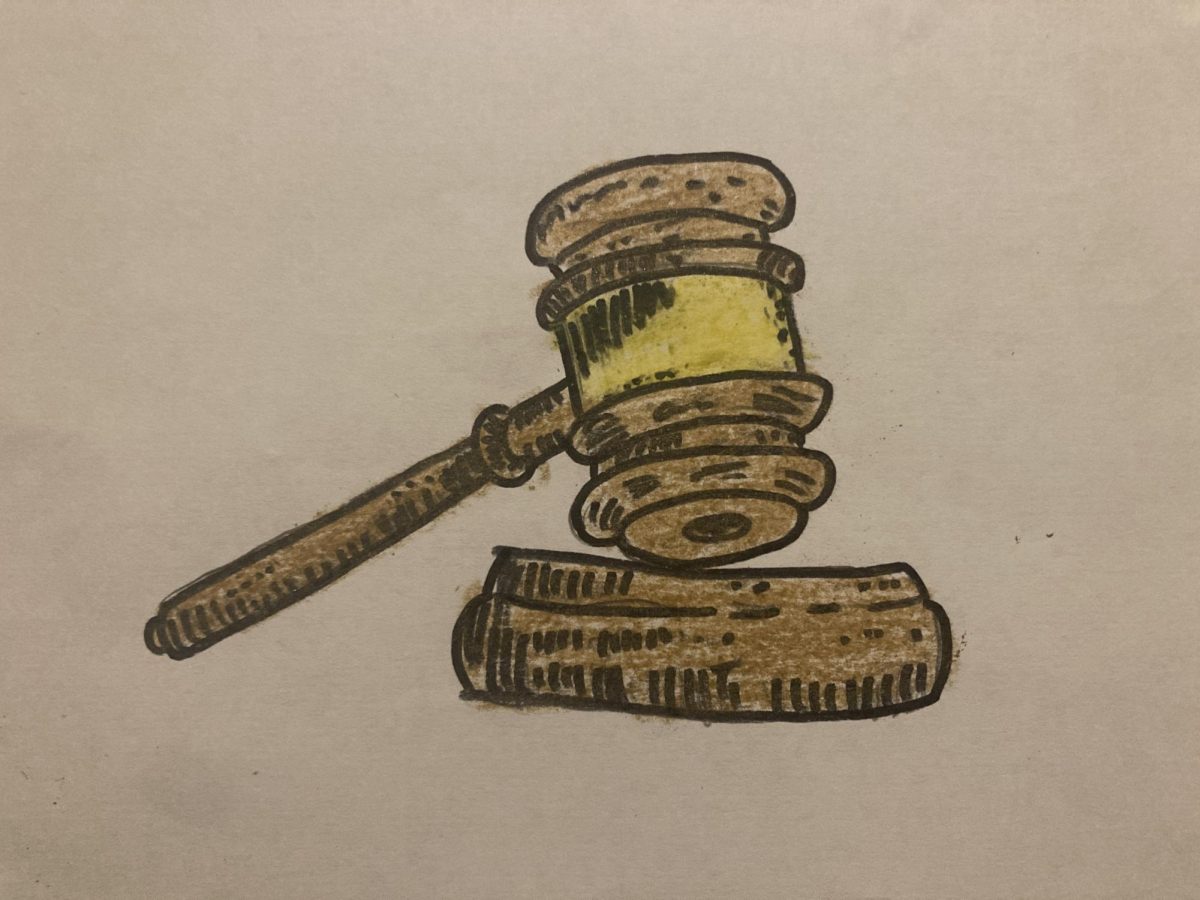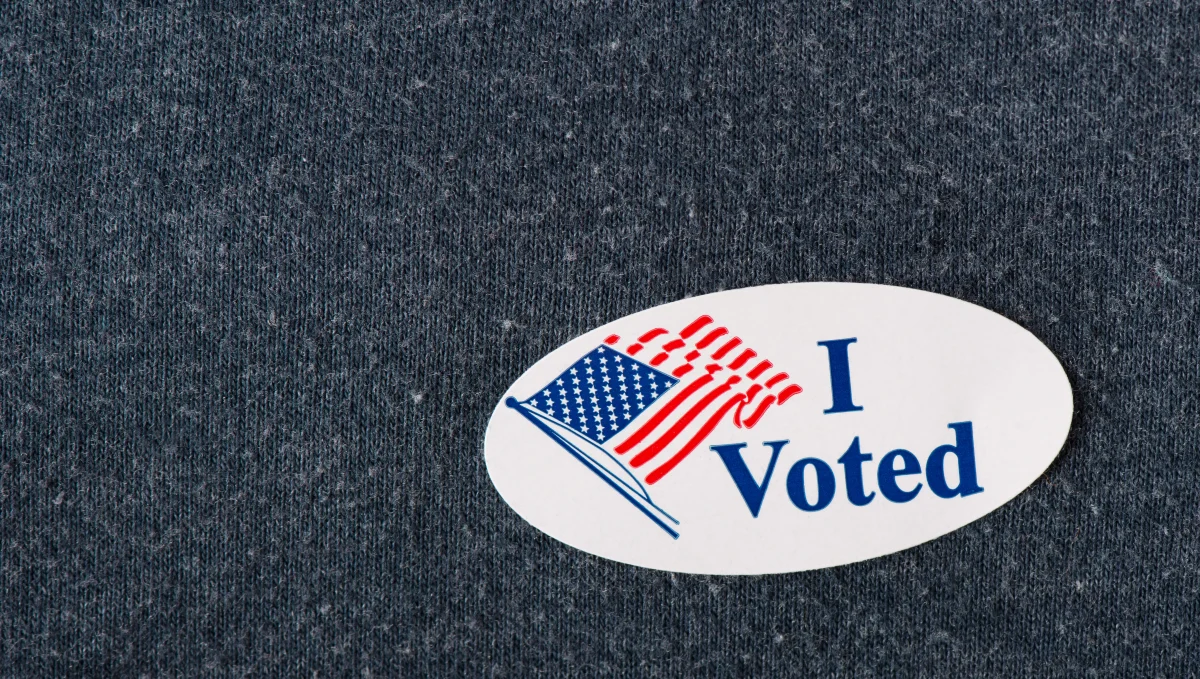Citizenship is supposed to mean security. For many immigrant families in the Bay Area, including my own, it means living with a passport and persistent fear. Growing up in the Bay Area, I was taught citizenship was a finish line. My father would tell me, “Citizenship meant the world to me. It was my ticket to freedom.” his story as the first person in his family to immigrate to America, a story of pride and rebirth. Now my father’s story is a source of anxiety. I now watch President Trump and his administration making aggressive threats including mass deportations, criminalizing non-citizens and ending the protections for millions of immigrants.
From January 22 to April 29, 2017, the first 100 days of President Trump’s first term in office, U.S. Immigration and Customs Enforcement (ICE) revealed immigration arrests increased by 37.6% during his first year. This surge followed the administration’s change in enforcement priorities and a reversal of Obama’s policies. During the first 100 days of his second term, he has taken at least 33 actions that have already had a significant impact on legal immigration. Most relevant is his halting the refugee resettlement program.
The U.S. Refugee Resettlement Program (USRP) is a federal effort managed by the Department of Health and Human Services Office Refugee Resettlement (ORR), works to identify and provide services to refugees in need of protection. The program helps refugees transition by providing housing, English classes and job training. Without the program, it leaves vulnerable people in dangerous situations, undermines international law and values, and contradicts international agreements and humanitarian principles.This is just one example of the 33 actions he has taken since January 20, 2025. Actions that have deepened fear among immigrant communities and challenge the promise of citizenship as security.
Recently, ICE held a high-profile Recruitment Drive, as the administration is eyeing the Chicago area next in its crackdown on sanctuary cities. Chicago, with a population of 2.7 million, is home to over 1.7 million immigrants, more than half of its residents. Deployment of National Guard and U.S. Marines to Los Angeles for immigration-related protest control. This growing uncertainty raises the concern: how can immigrants and citizens feel secure while instability from systemic discrimination? Understanding public perception is key to seeing how this affects daily lives and mental health.
Now citizenship is not a guarantee of rights, but a label of vulnerability. Instead of safety, it brings the constant fear that even a passport cannot protect you or your loved ones. The expansion of this widespread fear, and uncertainty has been instilled in legal citizens as well. Director of Political Issues and Construction Management within Oakland City Hall, Joseph Tanios’s immigration journey began like many others, with violence. When he immigrated at 19 with a Student Visa in 1988 was not easy, he explained,“As an immigrant there was constant paranoia – But now it is different. Now they are after You. Now the government, the federal government, Immigrations and Customs enforcement — Makes the entire society under constant uncertainty.”
Although the idea of enforcing safety in the country may sound good in theory, Tanios describes this progression since he immigrated as, “This is the worst I’ve ever seen in my life. It is inhumane. Whether citizens or not, they are going to racially profile you,” He continued, “America is a great country, we are not waiting for anyone to make it great, The world is already great. But at the present time, we are killing, separating families, and contradicting our own policies against immigrant communities which this country has been built upon.”
His standpoint was clear: “I urge them to seek a way of looking into these hardworking people, these people who fled their own country in the midst of genocide or violence. If they could just create a system not necessarily tied to American citizenship, but the first step – to have them included in our Society, not needing to hide. No matter their citizenship, people deserve dignity.”
Alongside policy and enforcement perspectives, the mental health impacts cannot be ignored. Counselor and associate Therapist Betty Uribe highlights how fear travels through immigrant families and their children. “Although some people may not be directly affected here at O’Dowd, the biggest support we can give is that we are here. Although we cannot make policy changes like the government, we can stand with people and have solidarity”
Uribe reflects how exclusion not only undermines psychological wellbeing, but the basic needs of humans, “When people don’t feel welcomed into a community, and feel pushed out, that directly impacts mental health. Inclusion brings safety and safety is such an important aspect of our psychology as human beings. These are basic needs. “
This sense of unease reaches even those who hold legal status. “No matter a student’s immigration status or their parents and families, it’s going to create fear. To have the legal presence of your providers in question creates anxiety and can impact the way you show up in the classroom, how you’re relating to people.”
Uribe indicates that even small acts of solidarity can make a difference, “Just having someone to hear them, just having someone to hear you, knowing someone is there to listen and support you can be itself a reliever.”
Tanios’s words reflect the broader reality of how our once considered ticket to freedom has become a reminder of fragility. Both Tanios’s political perspective and Uribe’s mental health lens reveal how citizenship as a status has shifted from a protective shield to a fragile idea of the past. This is not simply a policy reform, but a thinking of what Citizenship should mean in practice. As Tanios highlights, America’s foundation rests on immigrant communities, yet our current enforcement contradicts those very principles, diminishing trust. True freedom, as Tanios explained, will never be achieved through a passport alone. It requires a system that extends protection, dignity and belonging beyond legal status. A system that ensures safety for families and inclusion for all. Only when protection and recognition reach beyond these boundaries of legal status can citizenship regain its intended role as a source of freedom rather than fear.

